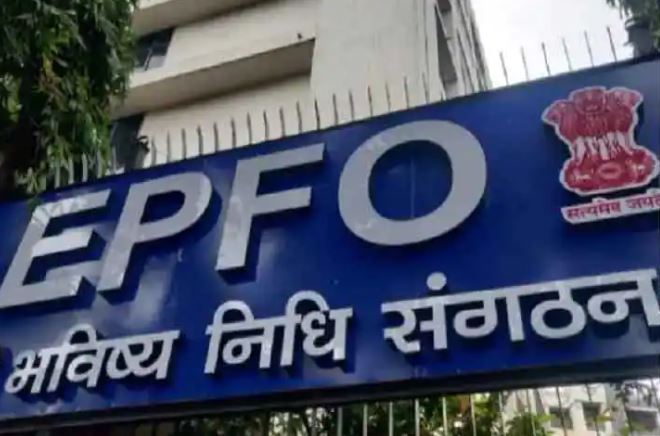
EPF Rules: Will you have to pay tax on the interest received on the amount deposited in the EPF account after leaving the job? We are answering all the questions related to EPF account.
EPF Rules: Every working employee deposits a part of his income in the Employees Provident Fund Organization (EPF) account. The employer has to deposit the same amount as the amount deposited by the employee. This part is 12 percent of the basic salary. The account holder does not even have to pay tax on the amount deposited in the EPF account up to some limit. All these facilities are available to the working people, but many times the employees take a break from the job for a few days.
In such a situation, the question often arises in the mind of the account holders whether the interest received without depositing new amount in the EPF account will have to be taxed or not. Along with this, if you work in any other company after retirement, then whether you can deposit that money in the EPF account or not. Know about all the rules related to EPF-
After leaving the job, for how many days the EPF account remains active?
Significantly, every month a part of the salary is deposited in the account of the Employees’ Provident Fund Organization. This account remains active as long as contributions are made to it every month. If you have left the job, then within two months you can close the account by withdrawing 100% of the amount from the account. If you do not complete this work in a period of two months, then you will be able to withdraw this amount only after retirement.
What will happen to the amount deposited in the inoperative account?
According to the notification of the Ministry of Labor and Employment, if a person does not withdraw money from this account for three years after 55 years, then this account is declared inactive. On the other hand, if a person’s retirement age is 56 or 57 years, then he can keep his EPF account active for 58 years. On the other hand, if a person has stopped working in 45 years, then his account will remain active for the next three years. After completion of 36 months, the account will be put in the inoperative category. If the amount deposited in the account is not withdrawn for 7 years, then this money is transferred to the Senior Citizen Welfare Fund. At the same time, after completion of 25 years, this amount is kept by the Central Government.
Will the interest amount be tax free?
According to the report published in the Economic Times, usually the interest rate fixed by the Central Government will continue to be available on the amount deposited in the account. There is no tax on this interest, but if you have stopped depositing the amount in your account, then you will have to pay tax on the interest earned on the deposited money. The facility of free tax is available only to active members. On the other hand, if we talk about contribution to EPF account even after retirement, in such a situation the contribution to EPS will stop, but both the employee and the employer can contribute to the EPF account.





